Public and Patient Involvement Project

Public and Patient Involvement (PPI) – advancing research in the OTRG
Our commitment to PPI is rooted in the belief that the perspectives of patients and the public are crucial to advancing pre-clinical vision research. By incorporating their insights and experiences, we aim to enhance the relevance, quality, and impact of our work.
So, what is PPI?
Public and Patient Involvement (PPI) refers to the active participation of patients and the public in the research process. This approach ensures that research is conducted "with" or "by" members of the community rather than "to," "about," or "for" them, enhancing the relevance, quality, and impact of the research outcomes by incorporating diverse perspectives and experiences.
Our Project
At SETU, we are dedicated to fostering meaningful engagement between researchers and the communities they serve. Our current initiative focuses on improving PPI within pre-clinical vision research. This involves developing and implementing strategies to actively involve patients and the public at various stages of the research process. We are aware there are stages of involvement, and those include:
- Informing the Public
- Consulting the Public
- Involving the Public
- Collaborating with the Public
- Empowering the Public
Our aim is to make it possible for members of the public to decide which level of involvement they would like to engage with, and to ensure researchers are able and ready, with the skills needed, to do this.
To support this goal, we are creating a comprehensive PPI Template. This template is designed to assist all researchers at SETU in effectively incorporating PPI into their projects. It will provide practical guidelines, resources, and best practices to ensure that PPI becomes an integral part of our research culture.
Funding: This project was partially funded by the SETU Interdisciplinary Research Seed Funding Initiative.
A special thanks to PPI Ignite Network and Fighting Blindness for their continued support of work in the OTRG and SETU.

Donna McGreevy has worked in arts management and development for 25 years. She works closely with her partner, providing project management, communications, research and reporting services to arts organisations and individual artists. In recent years she has developed a chronic eye condition and now wishes to assist with this initiative, to enhance communication between researchers and the public/patients, as it is her firm belief that this will improve outcomes for both parties.
Donna McGreevy
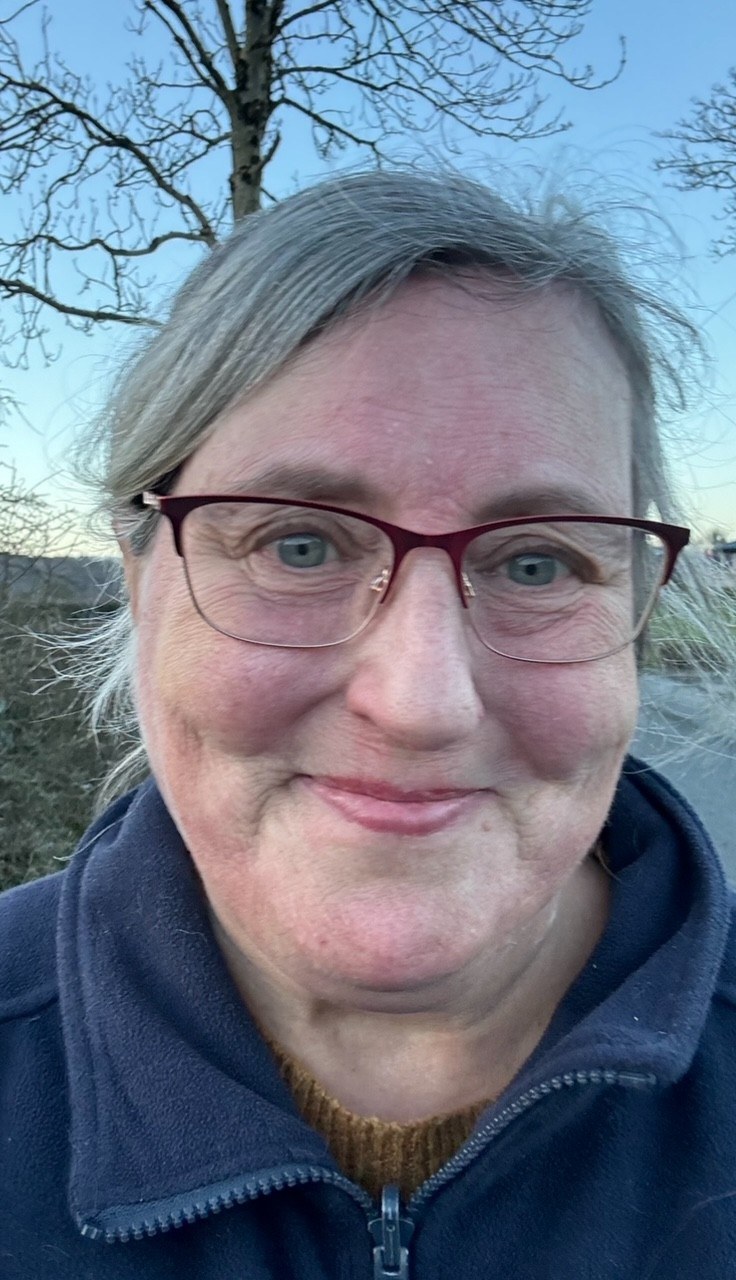
From the rain capital Of Ireland -Donegal, I have acquired over the years a little bit of medical trouble and body trauma to various organs. I have also got an autoimmune disease Sjögren’s Syndrome. I would like to contribute to this project to help others like me access and contribute to research, with a sense of honesty and real time answers on how researchers are actually progressing on things that impact us, to provide an easy path for people to get information on what's 'out there', 'what's known' as such on various trials that are happening. It’s important that researchers remember the person behind the illness, a reminder that there's real people dealing with real diseases and illness and their perception of it may be totally different to the clinician and researcher.
Mary Bradley
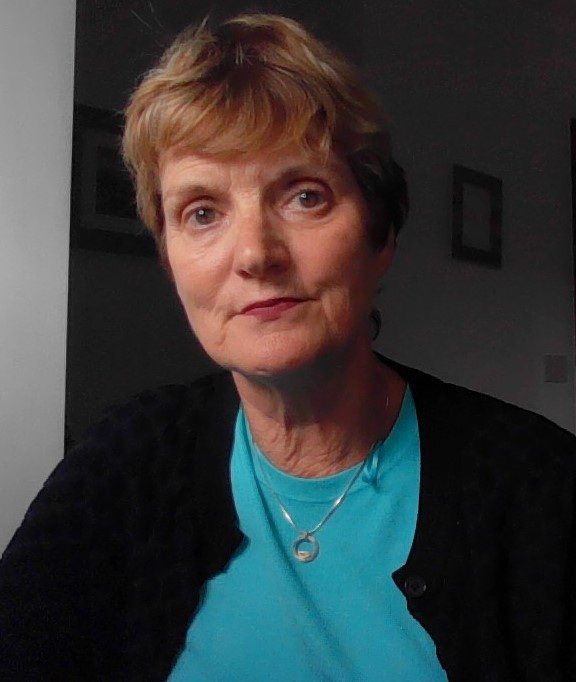
Yvonne Desmond is a retired librarian having worked both in the public library and university sector. She has extensive experience of communicating research results especially in the area of open access to publications. She is a strong advocate of empowering the citizen scholar by providing both access to research outputs and the information contained therein. She is a public representative on this project.
Yvonne Desmond
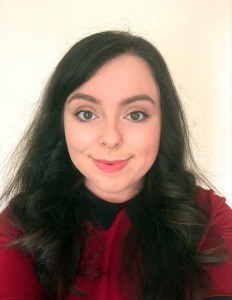
Shannon is the Research Officer at Fighting Blindness, the largest patient advocacy charity promoting and facilitating the development of treatments and cures for those affected by sight loss caused by retinal degenerative diseases. To date, Fighting Blindness has invested over €20 million in more than 115 research and clinical projects, and consistently ensure patients are at the forefront of research initiatives across Ireland.
Dr Shannon Lee
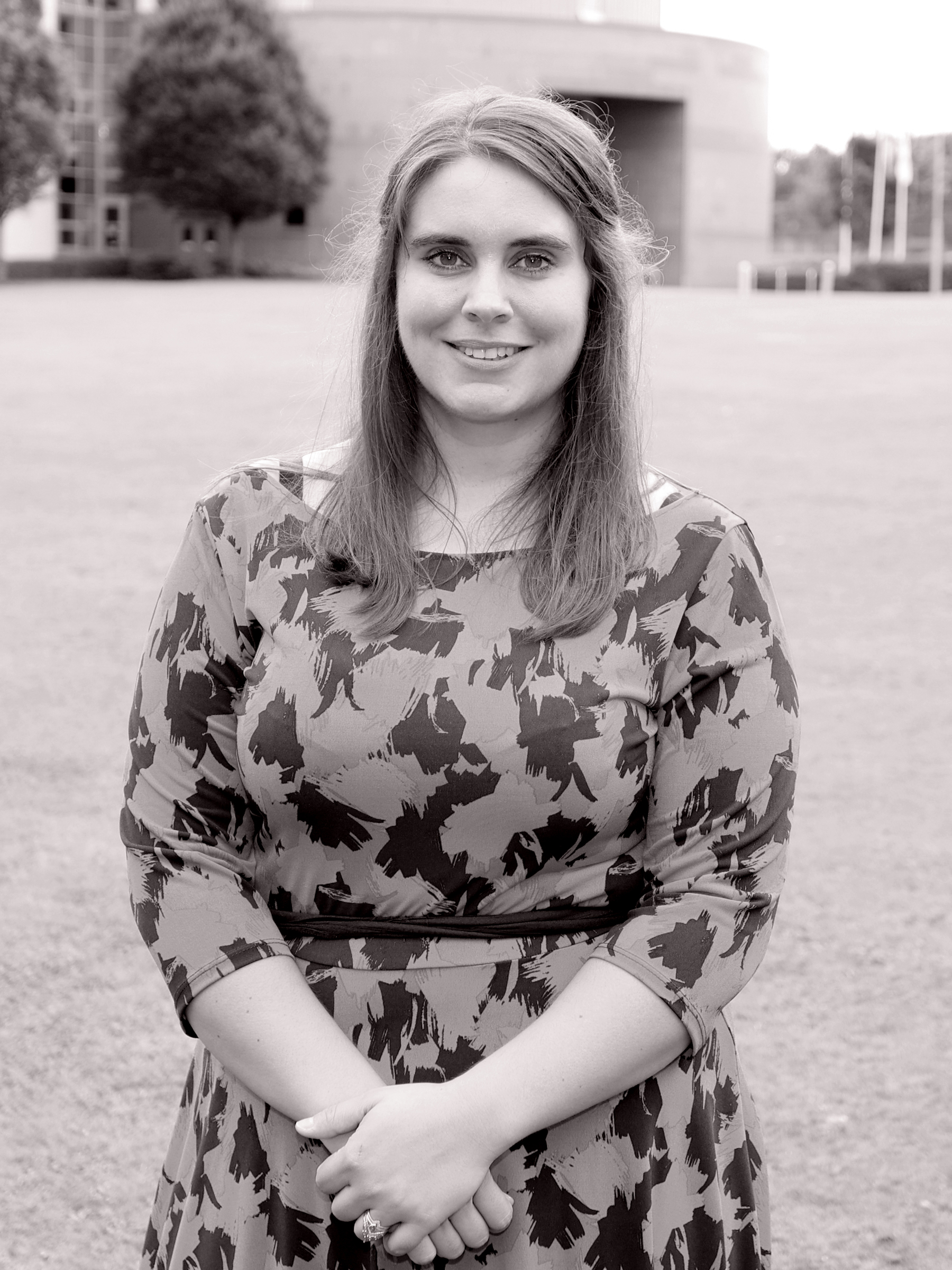
Tess is co-lead on this project, working to bring members of the community into research projects within the OTRG. As the Research Group Manager, she encourages all researchers within the OTRG to attend workshops and trainings in PPI and to understand the significance of public empowerment in research.
As co-lead on this project, Laurence is focussed on ensuring all researchers within the OTRG focus on the real needs and desires of the people whom the research seeks to benefit. He has presented on PPI at international conferences and has led consortia in which patient advocacy was a key pillar of training for early career researchers. His current work focuses on developing novel treatments for Dry Eye Disease, and has utilized PPI to ensure all efforts are aligned to patient-focussed outcomes.
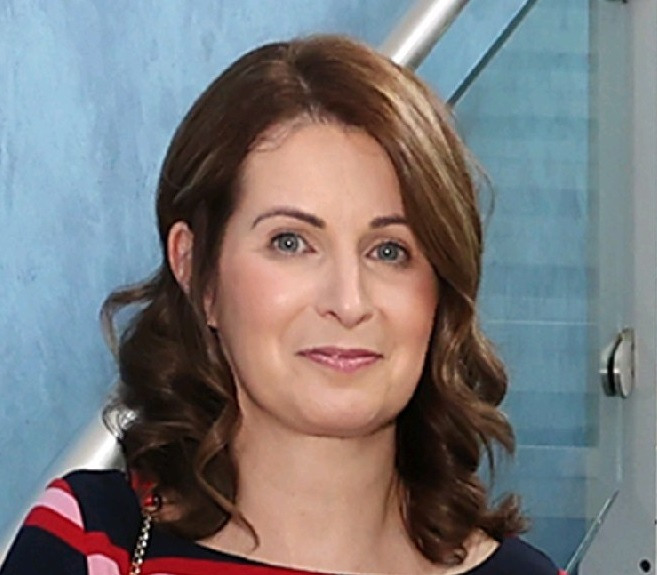
During Prof. Gooney’s time at SETU, she has been involved in a number of research projects and has been actively involved in establishing the Biomedical Research Group, a subgroup of the Pharmaceutical and Molecular Biotechnology Research Centre. This group involves staff from SETU, clinicians from University Hospital Waterford and the Royal College of Surgeons. Her principal areas of research interest include the impact of cancer and it’s treatment on quality of life and symptom presentation

Evan has particular research interests in health behaviours and marginalised population groups, such as those with severe mental illness, substance use disorder and intellectual disability. He also has a particular interest in methods of service user inclusion in research and implementation research. His work has been presented at conferences such as the World Congress in Psychiatry (World Psychiatric Association) and the Society for Mental Health Researchers. Evan is an external advisor to the Aclu (empowering recovery for people with enduring mental illness) project led by Munster Technological University.

Sharon’s research aims to examine different interventions to improve the quality of life for autistic children and adults. She is the lead supervisor for the Autism Research Group at SETU Carlow. Dr. Kinsella’s most recent work has been examining the physical fitness levels of autistic children and the effects of school-based exercise interventions. Her research has also examined the effectiveness of manual therapy and electrotherapy as treatment methods and especially their effects on performance.

As the Head of Research at SETU, Geraldine has vast experience in PPI. Between 2018 and 2021 Dr. Canny held the position of Marie Sklodowska-Curie Actions (MSCA) National Delegate and National Contact Point. During her tenure as Head of the Irish MSCA office funding awarded to Irish HEIs, companies and non-academic organisations exceeded 95 million euros. She led a project under the Net4Mobility+ CSA and as National delegate, contributed to the policy underpinning MSCA in Horizon Europe. She also served as a Steering committee member for several MSCA COFUND programmes and for the Irish Health Research Forum. Geraldine’s current interests include mucosal immunity, immune-endocrine system crosstalk, hormone signalling and anti-inflammatory lipids. She is a member of several professional organisations, European RRI networks and serves as a reviewer for various journals and as an advisor for a swiss Startup company (non-remunerated).

